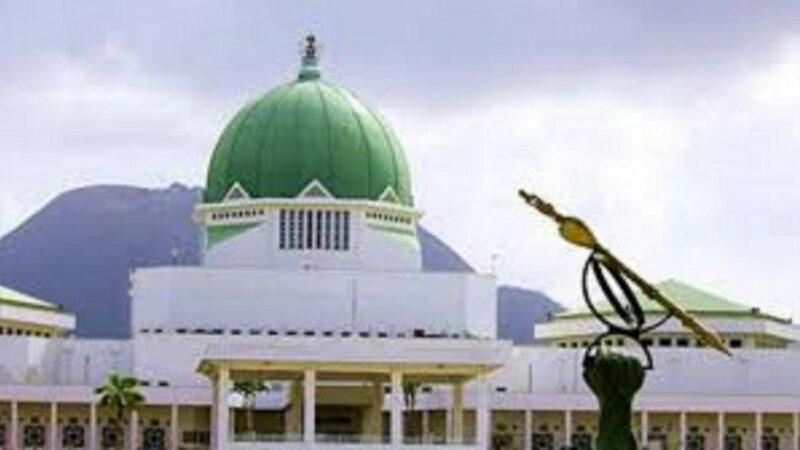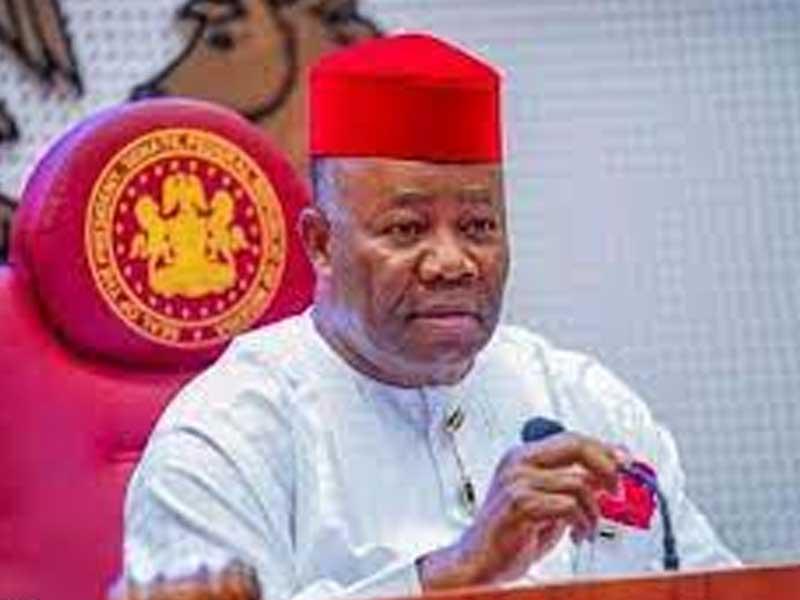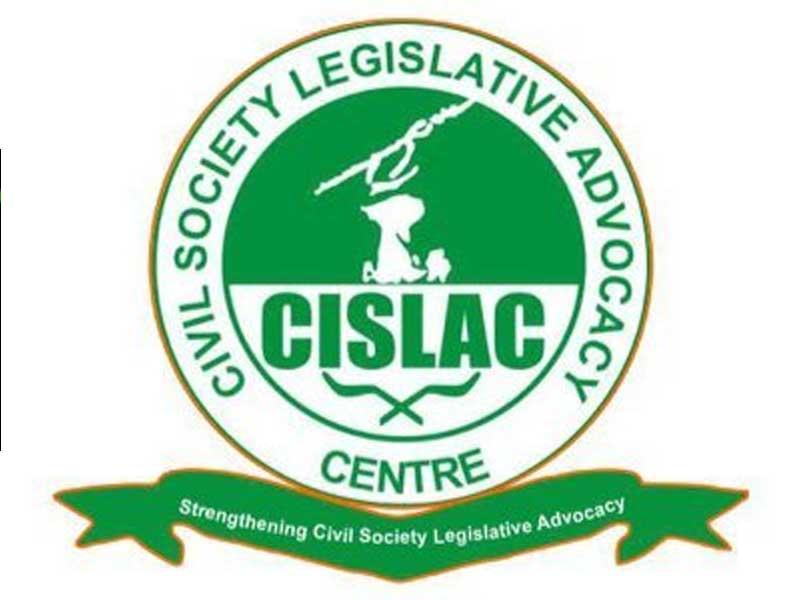•Demand equity, justice in tax expenditure governance
Sunday Aborisade in Abuja
The National Institute for Legislative and Democratic Studies (NILDS) and the Civil Society Legislative Advocacy Centre (CISLAC), yesterday lamented that Nigeria’s tax expenditure policy and noted the development was capable of crippling the nation’s economy.
The Director General of NILDS, Prof. Abubakar Sulaiman and the Executive Secretary of CISLAC, Auwal Ibrahim Musa, made the submission at a two-day sensitisation and capacity-building workshop for National Assembly members in Abuja.
The workshop jointly organised by NILDS and CISLAC, was titled, “Identifying and strengthening legislative pathways for reforming tax expenditure governance in Nigeria.”
The House of Representatives is currently probing a N14 trillion revenue which the country lost to tax incentives, waiver abuses by public institutions and companies.
The CISLAC boss said the Global Tax Expenditure Database 2020 report indicated that Nigeria had a tax expenditure of N5.84 trillion (3.8% of its
GDP) which was just over 50 per cent of its 2020 budget.
He also said the federal government noted that the tax expenditures in 2021, amounted to N6.68 trillion approximately four per cent of the GDP.
Musa, said the tax expenditure in Nigeria was plagued with challenges including abuses observable to the Nigerian public.
He said, “Reports of indiscriminate waivers and concessionary approvals have contributed to questioning the bearing and economic sustainability of the initiative of government.
“The law regulating the granting of incentives places enormous discretionary powers to the executive arm of government.
“The governance of the incentive regime is also at best opaque and lacks the scrutiny necessary to guarantee transparency and accountability in the process leading to a situation where the supposed benefits are not optimised.
“The offer of these incentives, though put in place presumably for the purpose of growing the economy, is however not without associated costs.
“Recent studies have shown that these incentives are not seen by investors as key factors to attract inbound investments and tend to be injurious to the economies of implementing countries in the long run.
“This is as it is seen to reduce the propensity to generate needed resources for providing socio-economic services, encouraging local industrial revolution and gross domestic production, growth and national development.”
Musa, however noted that the executive arm of government had kick-started its agenda with the inauguration of the Presidential Committee on Fiscal Policy and Tax Reforms.
He also said the 10th Assembly had reportedly launched over 50 probes into the alleged mismanagement of funds and other infractions by MDAs, directing either standing or ad hoc committees to carry out the exercise within a time frame.
He said, “This includes the recent House probe into the N14 trillion revenue loss to tax incentives, waiver abuses by public institutions and companies benefitting from such incentives on July 13, 2023.
“While we commend these efforts, they are yet to yield any significant prosecutorial actions and/or outcomes as the National Assembly lacks the constitutional power to prosecute erring officials.
“The constitutional provisions that make the implementation of the resolutions and recommendations made by parliament non-binding on the government, leaves it at their discretion to implement such recommendations.
“Our intervention is premised on the above, with the aim of complementing efforts towards improving the understanding and capacity of members of relevant legislative committees on the concept of Tax expenditure governance in Nigeria.”
The DG NILDS said the workshop was carefully done to ensure that the legislature was kept abreast of the key leading issues in tax expenditure and to understand the role they play in the tax expenditure discourse.
Sulaiman, lamented that Nigeria has been confronted with a revenue challenge amidst a rising debt profile despite the fact that all sectors of the economy required increased government funding to address lingering challenges.
He said tax expenditures offer an opportunity to fund national development.
Sulaiman, described tax expenditures as exclusions, deductions, credits, and net preferential rates in the federal tax system that cause government revenues to be lower than they would otherwise be for any given structure of tax rates.
He said, “While these exemptions are meant to encourage business growth, they may be viewed as alternatives to other policy instruments, such as spending or regulatory programmes.
“They are used to promote business growth, encourage job creation, and reduce the burden that tax producers place on consumers by transferring the “tax burden.”
“However, there are challenges. Tax expenditures are politically tempting as they may not be subject to regular scrutiny.
“In most cases, tax exemptions, for instance, are issued by policy statements.
“Overseeing such a space may, therefore, be cumbersome, as the benchmark for such oversights is not clearly provided for in a legislative framework.
“The debate over whether or not a legislature can oversee policy is another reason why tax expenditures can slide under the legislative lens.
“Issues around tax expenditures are not binary. It requires clear understanding and proper contextualisation and understanding.
“Fairness, justice, and equity are issues related to tax expenditures. While big firms receive tax waivers to continue operations, poor people continue to pay higher prices for goods and services.
“Furthermore, it appears that over the years, tax policy has been aimed at taxing the poor rather than the rich. Hence, finding a fair balance is crucial.”





